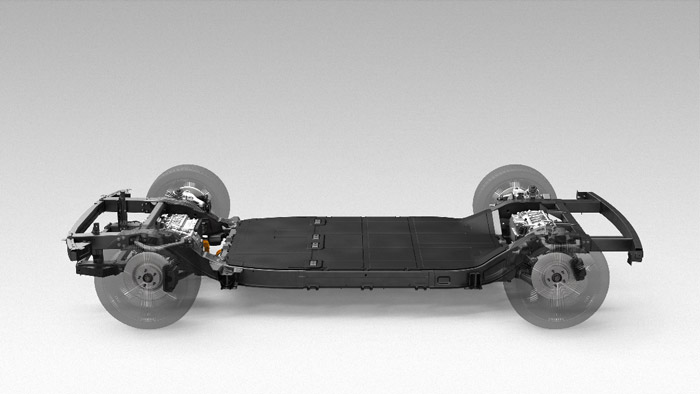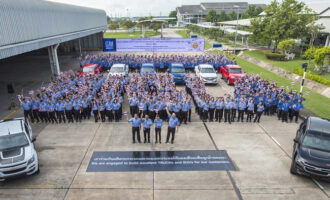
Hyundai and Canoo to co-develop all-electric platform
Hyundai Motor Group has engaged Canoo to jointly develop an electric vehicle (EV) platform based on Canoo’s proprietary skateboard design for upcoming Hyundai and Kia models.
As part of the collaboration, Canoo will provide engineering services to help develop a fully scalable, all-electric platform to meet Hyundai and Kia specifications. Hyundai Motor Group expects the platform to help facilitate its commitment to delivering cost-competitive electrified vehicles — ranging from small-sized EVs to Purpose Built Vehicles (PBV) — that meet diverse customer needs.
Canoo, a Los Angeles, California-based company creating EVs for subscription only, offers a skateboard platform which houses the most critical components of the vehicle with a strong emphasis on functional integration, meaning all components fulfill as many functions as possible. This feat of engineering reduces the skateboard size, weight and total number of parts, which ultimately provides more interior cabin space and a more cost-effective EV offering. In addition, the Canoo skateboard is a self-contained unit that can be paired with any cabin design.
Hyundai Motor Group expects an adaptable all-electric platform using Canoo’s scalable skateboard architecture to allow for a simplified and standardized development process for Hyundai and Kia electrified vehicles, which is expected to help reduce cost that can be passed along to consumers. Hyundai Motor Group also expects to reduce complexity of its EV assembly line, allowing for rapid response to changing market demands and customer preferences.
With this collaboration, Hyundai Motor Group doubles down on its recent commitment to invest USD87 billion over the next five years to foster future growth. As part of this drive, Hyundai plans to invest USD52 billion in future technologies through 2025, while Kia will invest USD25 billion in electrification and future mobility technologies, aiming for eco-friendly vehicles to comprise 25% of its total sales by 2025.









